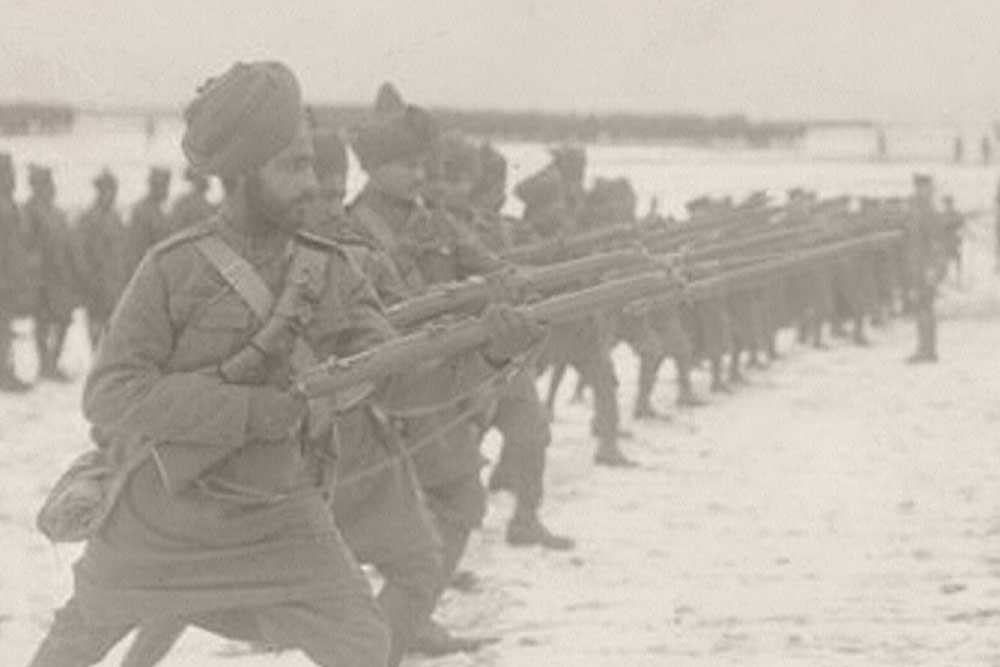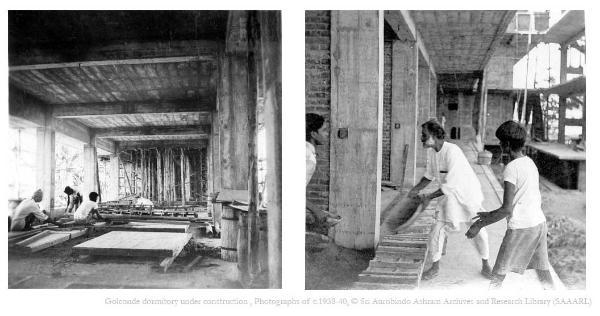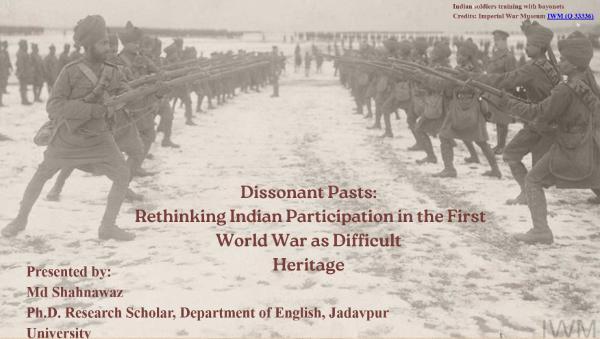
The Heritage Institute was delighted to host an inspiring afternoon of talks under the title India: Architecture, Culture and Heritage in Transition. The event brought together four distinguished academics whose research delves into the evolving heritage of India and the wider South Asian region, exploring physical, cultural, and intellectual transformations across the twentieth century.
The first speaker, Dr. John Harrison, Honorary Research Fellow at the University of Liverpool, opened the session with a presentation on the documentation and restoration of traditional structures in Nepal, northern India, and Pakistan. His decades-long work captures the heritage sites situated in areas marked by geopolitical tension, highlighting the urgent need for preservation in complex political landscapes.

Professor Dasgupta of the School of Planning and Architecture, Delhi, followed with an account of the changing urban fabric of Old Delhi. He spoke about the growing threat to historic havelis—ornate mansions dating back to the seventeenth century—that are increasingly being replaced by modern apartment blocks. The talk revealed the challenges of balancing urban development with the preservation of architectural heritage.
Next, Dr. Shahnawaz from Jadavpur University, Kolkata, turned to memory and silence in his exploration of how World War I is remembered—or not remembered—in South Asia. Drawing on literature, memory studies, and heritage discourse, he revealed how gaps in the archival, institutional, and emotional record affect our understanding of the past.

Finally, Dr. Sanyal, also from the School of Planning and Architecture, Delhi, closed the event with a call to reimagine how we define and study architectural heritage. Using South Asian examples, he challenged dominant Western narratives and urged for a more inclusive historiography that acknowledges diverse cultural expressions and values.
You can watch a recording of all the talks below:
The talks were thought-provoking and offered fresh perspectives on underexplored aspects of South Asia's architectural and cultural transitions. We extend our warm thanks to the speakers for sharing their time, expertise, and passion on this vital and fascinating subject.